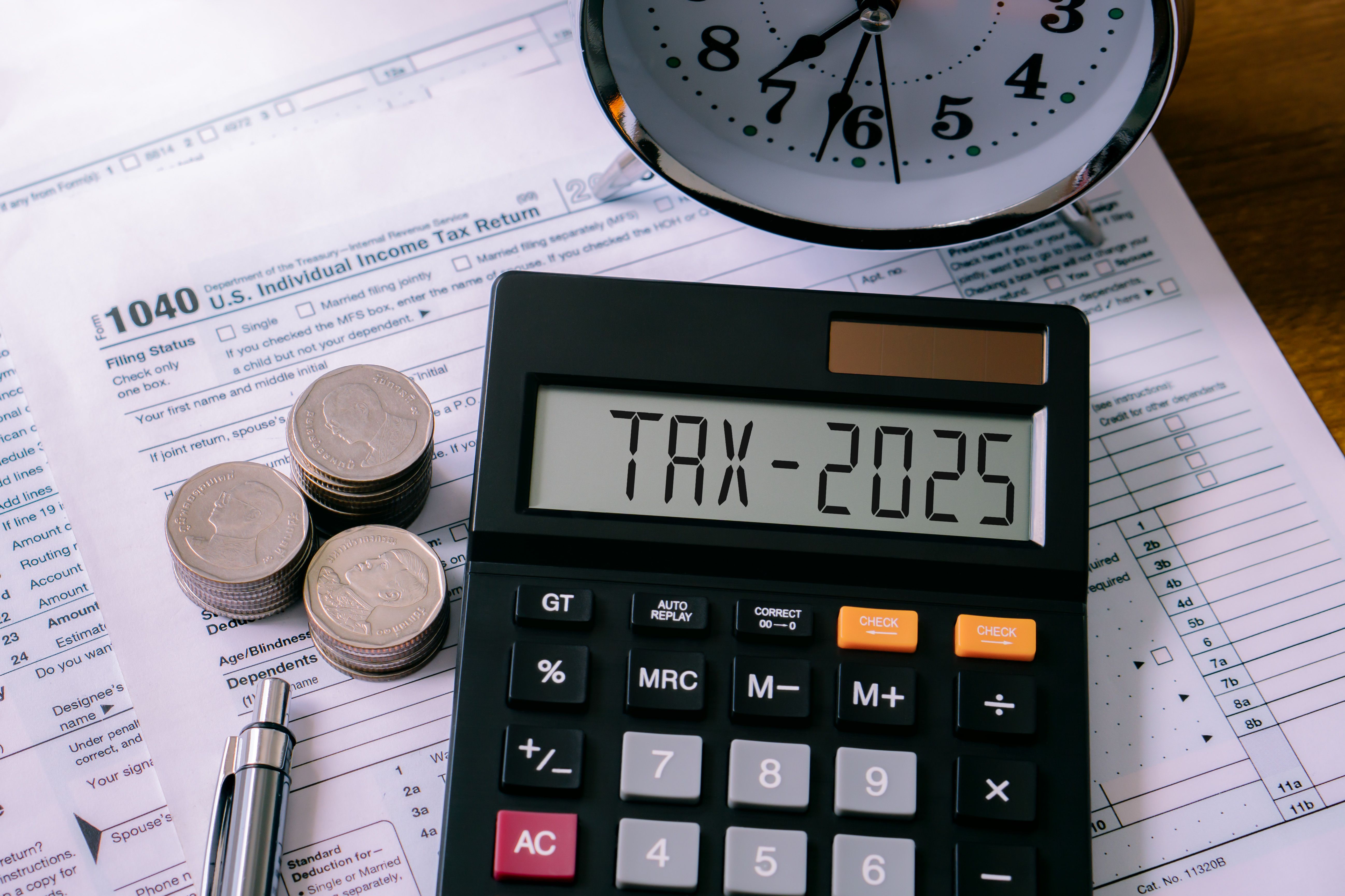New Rules: Company Car Benefits in 2025
As businesses continue to evolve, so do the regulations governing company car benefits. In 2025, understanding these new rules is paramount for both employers and employees. This guide aims to clarify the key aspects of these changes, ensuring compliance and maximizing the benefits of company vehicles.
Know more about URSSAF and it's role in France.
See complete information from URSSAF
Understanding the 2025 Regulations
The year 2025 brings with it a revised set of rules for company car benefits, designed to align with environmental goals and economic considerations. These regulations aim to encourage the use of environmentally friendly vehicles and establish a fair taxation system for car benefits.

One of the significant changes is the introduction of stricter emissions standards. Companies will need to focus on maintaining a fleet of low-emission vehicles to benefit from tax incentives. This shift is part of a broader effort to reduce carbon footprints and promote sustainable business practices.
Key Changes in Taxation
The taxation system for company cars has undergone notable transformations. The benefit-in-kind (BIK) tax rates are now closely tied to the car's environmental impact. Vehicles with lower emissions attract reduced BIK rates, making them a more attractive option for both employers and employees.
Moreover, there is an increased emphasis on electric and hybrid vehicles. Companies investing in these technologies can leverage additional tax reliefs, supporting the transition to greener alternatives. Understanding these tax nuances is crucial for effective financial planning.

Employer Responsibilities
Employers must stay informed about the latest regulations to ensure compliance. This includes keeping accurate records of vehicle usage and emissions data. Regularly updating fleet policies and providing employees with clear guidance on the use of company cars can help mitigate any potential issues.
Additionally, employers should consider offering flexible options that align with employee needs while adhering to regulatory requirements. This may involve investing in electric vehicle infrastructure or exploring car-sharing models.
Employee Considerations
For employees, understanding the implications of the new rules is equally important. The choice of a company car can significantly impact take-home pay due to BIK calculations. Employees should evaluate their preferences against the tax consequences and opt for vehicles that offer a balance between benefits and costs.

Furthermore, employees should stay informed about company policies regarding vehicle use and maintenance. Being proactive in understanding these aspects can lead to better decision-making and enhanced satisfaction with company car benefits.
Preparing for the Future
Both employers and employees can benefit from adopting a forward-thinking approach to company cars. Investing in training programs and workshops on sustainable vehicle options can help teams adapt to new technologies and regulations more efficiently.
In conclusion, navigating the new rules for company car benefits in 2025 requires a comprehensive understanding of regulatory changes, tax implications, and strategic planning. By aligning business practices with these new guidelines, organizations can foster a sustainable future while optimizing the advantages of company vehicles.